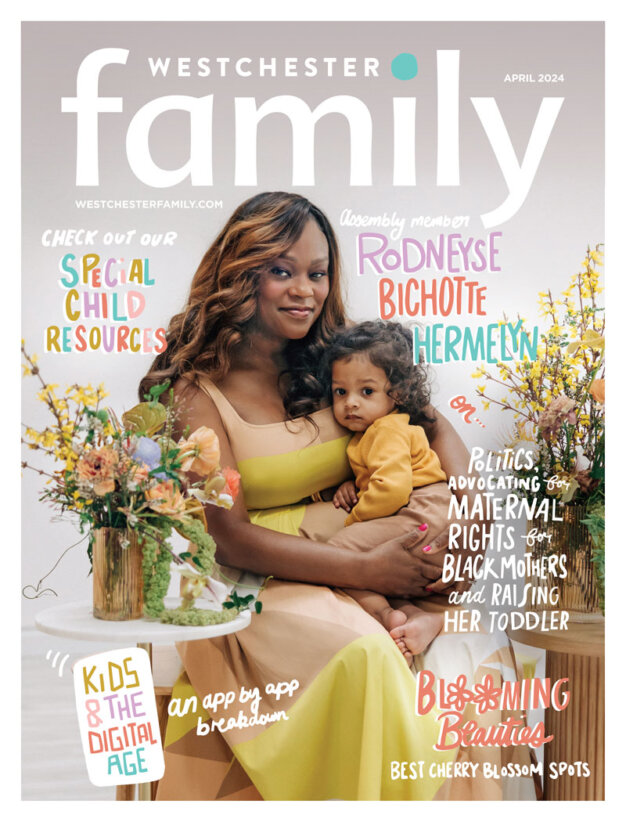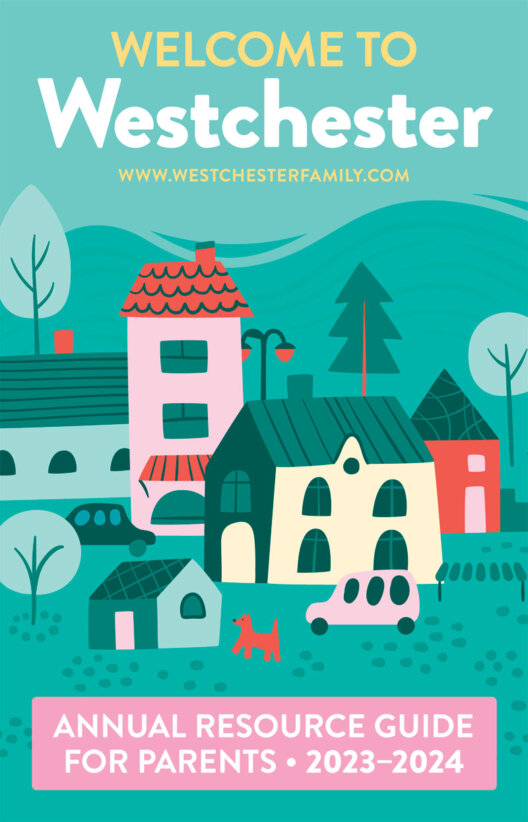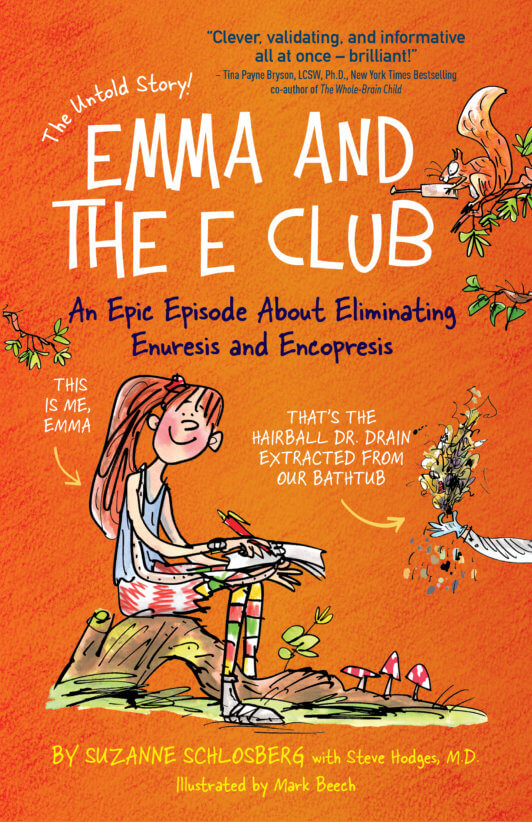Meet Elizabeth Santiago: Author of The Moonlight Vine
Looking for a summer book for your tween or teen? Check out The Moonlit Vine by debut author Elizabeth Santiago and her powerful new story about Taína Perez, a modern-day teen, who learns that she is a descendant of a long line of Taíno women after receiving an ancient amulet and zemi from her Grandmother. Featuring interstitial historical chapters about the liberation of the Puerto Rican and Taíno peoples, the story beautifully showcases Taína’s journey as she learns about her ancestry — and how to step into her power. Read on to learn more about the book from our interview with Elizabeth Santiago.

Westchester Family: How did the idea for The Moonlight Vine come out?
Elizabeth Santiago: I wrote The Moonlit Vine when I was in a doctoral program at Lesley University in Cambridge, MA. I wrote it because after a number of years of researching educational outcomes of Latinx students, I ran up against symptoms and not root causes. Why were some of us struggling in school? For me, it was not a question I could answer without going back to colonization.
I wanted to write about how the past still affects us in the present day, yet the doctoral research and dissertation process didn’t give me the freedom I needed to present a more sweeping narrative. The creative part of my soul urged me to write The Moonlit Vine, and that story allowed me to present a more complete picture of the challenges some of us have faced in present-day educational systems.
Writing this novel awakened a deep desire to tell stories and diminished my desire to be an academic researcher. While I completed the doctoral program, I looked to storytelling as a way to present a complete picture of reality.

Westchester Family: Why was it important for you to tell this story?
Elizabeth Santiago: As a Puerto Rican woman, I had always been told and always believed that I was Taíno. My mother often said, “nosotros somos Indios, Africanos y Españoles.” Loosely translated, she said, “We are made up of Indian, African, and Spanish ancestry.”
Growing up I knew a lot about the Spanish and a little less about my African ancestors. However, I knew very little-to-nothing about my Indian—or rather, Taíno—ancestors. And I looked for many years! What is documented comes from early journal writings, letters, and stories shared by Spanish (and other) colonizers—stories that have created the dominant narrative that the Taíno did not survive.
That false narrative has been debunked through the prevalence of DNA testing. (Well, our elders already knew the narrative was false, but science finally caught up.) With renewed excitement, I continued to research and learn. I read all I could on the Taíno, but I wasn’t satisfied. I had yet to find a story that presented the Taíno as strategic—a people who understood that genocide was happening and fought in ways that ensured their survival even if not necessarily on their own terms. I also wondered how historical trauma affects our present-day lives, how the past is connected to the present. But I couldn’t find a work of fiction or nonfiction that shared what I hoped to understand or express.
At a 1981 speech to the Ohio Arts Council, the late amazing literary genius Toni Morrison said, “If there’s a book that you want to read, but it hasn’t been written yet, then you must write it.” I took those words seriously, which is what set me on the journey to write The Moonlit Vine. A book to name how vital the Taíno were to not only my survival, but also the survival of my family and many, many others. How much their joy, intelligence, and love continue to shape me and others to the present day. This novel is my way of sharing my deep gratitude and respect for them.
Westchester Family: Your story centers around Taína who receives a special amulet from her Grandmother that sets off her journey. Why was it important to you to connect the past to the future?
Elizabeth Santiago: With The Moonlit Vine, I wanted to represent generational trauma, colonialism, fighting for survival, and how all of those things mix to create a person, a family, a community, and a culture. For me, my story begins with the native people of Haiti, the Dominican Republic and Puerto Rico because that’s when certain seeds got planted that have grown into the messy weeds we have today.
That’s what The Moonlit Vine is about. The artifacts depicted in the book are symbols of the knowledge they had that got handed down generation after generation. Instead of perpetuating this narrative that the Taíno did not survive, I wanted to present that we are, in fact, still here. Our ancestors knew what they were up against and ensured their survival through the tools they had in their possession.
Much of our culture, traditions, and history get passed down from our elders, in particular our abuelas. I have always had a strong connection to the women in my family—the ones I know and the ones that have passed on. It’s hard to explain, but I feel their presence. I feel women, in particular, walking with me through life. I have always felt that, and writing The Moonlit Vine gave me the opportunity to express the appreciation, love and awe I have for our ancestors.
Westchester Family: What do you hope readers will get from the book?
Elizabeth Santiago: As I wrote this book, parts of me began to heal. I had a better handle on the historical forces and situations that made me, me. I can’t say whether others will walk away feeling the same, but I sincerely hope readers will take away the message of love; love of our ancestors and hope for the future. That communities are better together, and that young people can change the world for the better.









